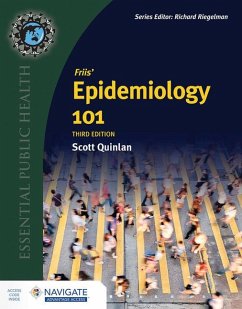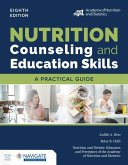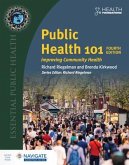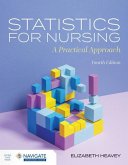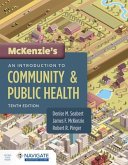"Epidemiology 101 is designed for undergraduate students who have little to no prior experience with health-related fields or statistics. The text was written in response to a growing need for epidemiological content in undergraduate programs and curricula, specifically as a liberal arts subject, and emphasizes socially related determinants of health and health disparities relevant. This text fulfills this need by presenting key concepts of epidemiology in a clear and precise way and uses learning objectives and study questions that make topics accessible to students who have an interest in epidemiology. The text encourages problem analysis, deductive and inductive reasoning, and applying generalizations to a larger context, all of which are key skills used in epidemiology"--
Hinweis: Dieser Artikel kann nur an eine deutsche Lieferadresse ausgeliefert werden.
Hinweis: Dieser Artikel kann nur an eine deutsche Lieferadresse ausgeliefert werden.

